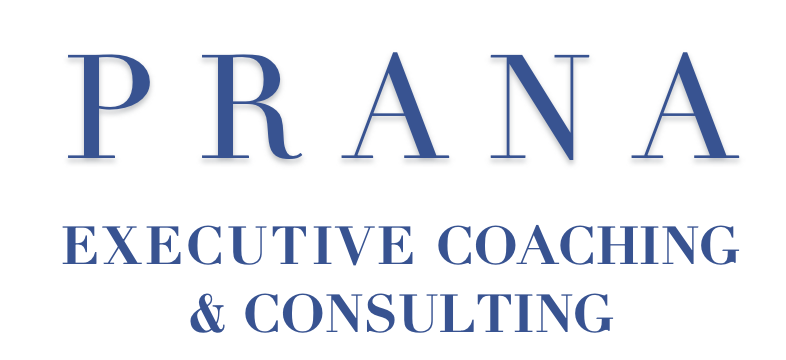High Performing Habits
A recent article in the Harvard Business Review presented research that shows that the effective leadership performance is based less on skill in leadership competencies, and more on discrete, daily routines that are utilized to drive personal and organizational effectiveness. In other words, the most effective leaders have strong daily habits for themselves and their teams. Over time, these habits lead to higher performance.
My work in working with senior leaders supports that idea. Habits might include time management practices for personal effectiveness, but in most organizations, high performing habits go far beyond time management to address the context of the organization they work in. At one company, an audit of habits included how leaders spent their time in the field, in one-on-one meetings, and in cross team meetings. These might include performance management habits with your reports such as daily informal check-ins on the status of key projects, weekly team huddles to address issues, and scheduled monthly project reviews that keep both projects timeline and team engagement on track. Habit-setting might address a need for more consistent innovation by adding in regular post-mortems and innovation brainstorms. Including monthly team meetings to discuss ‘how the team works together’ creates psychological safety and boosts team engagement and morale.
Implementing new habits to improve performance is influenced by the organization you work in. It is impacted by the rewards systems, performance measurement processes, and the communication culture.
Think about your own habits and those of the highest-performing people around you.
In what areas do you feel you perform at your best? What habits would support that?
What do other leaders in your organization do really well-- and what you can learn from that?
What habits would be supported by the existing organizational culture?
Talk to your team and ask them: what habits would help them improve their performance and engagement?
